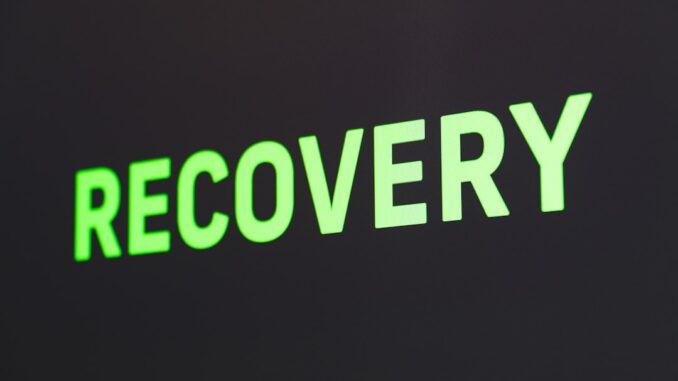
Summary
This article provides a comprehensive guide to recovering from opioid addiction, emphasizing the importance of professional help. It outlines the steps involved in seeking treatment, including recognizing the need for help, finding the right resources, understanding treatment options, and building a support system. The article also discusses relapse prevention and long-term recovery strategies.
Main Story
Overcoming opioid addiction? Yeah, it’s a tough climb, no doubt. But it’s absolutely achievable. It’s going to take courage, resilience, and, most importantly, the right professional guidance to get there. Think of this as your roadmap; we’re going to look at some actionable steps to navigate what can be a pretty complex process.
Recognizing the Need and Reaching Out
The first hurdle is usually admitting there’s a problem. Recognizing you have an opioid addiction, that’s a huge first step. Now, what does that actually look like? Well, it often shows up as needing more and more of the drug to get the same effect (increased tolerance). You might find yourself feeling seriously ill if you don’t use (withdrawal symptoms are a real indicator). Plus, struggling to control how much you’re using. Then there’s the neglect of responsibilities, ignoring problems, and continuing to use despite the consequences. Has it affected your personal relationships or your work? These are all red flags.
Once you’ve acknowledged the need for help, it’s time to find the right professionals. Treatment will usually involve a combination of medication and behavioral therapy, and it’s a partnership. Medication-Assisted Treatment (MAT) uses meds like methadone, buprenorphine, or naltrexone to curb cravings and manage those nasty withdrawal symptoms. Behavioral therapies, like counseling or Cognitive Behavioral Therapy (CBT), get you addressing the psychological side of the addiction. These therapies help you develop healthier coping mechanisms. For instance, CBT can help you change negative thought patterns and behaviors. It’s about building a new toolkit, really.
Finding Resources and Understanding Your Options
Don’t know where to start? No sweat. So many resources are out there to help you find the treatment program that’s right for you. The Substance Abuse and Mental Health Services Administration (SAMHSA) National Helpline offers confidential support and treatment referrals, and it can be the ideal first point of contact. Also, The National Institute on Drug Abuse (NIDA) offers a ton of valuable information on addiction. Plus there are also local support groups like Narcotics Anonymous. Having that peer support, a community of people who truly understand what you’re going through, that can make all the difference.
Now, treatment isn’t ‘one size fits all’; your options depend on your specific situation. Inpatient rehab programs offer structured, 24/7 care in a residential setting, and that’s often the best choice for more severe cases. Then there are outpatient programs. These are more flexible if you can’t commit to full-time residential treatment, and these programs often offer individual counseling, group therapy, CBT, and family therapy.
The Power of Rehabilitation and a Strong Support Network
Rehabilitation programs provide that structured environment you need, offering a mix of therapies, support groups, and educational sessions. During this phase, you’re going to develop coping mechanisms, relapse prevention strategies, and healthy lifestyle habits. Think of it as building a new foundation, brick by brick.
And don’t underestimate the power of a strong support system. Family and friends can offer incredible emotional support and encouragement, even if they don’t fully understand the situation. Support groups offer a sense of community, connecting you with others facing similar struggles. I remember, a few years back, a colleague shared how joining a local NA group completely transformed their recovery; the shared experience, the understanding – it was a game-changer.
Staying the Course: Long-Term Sobriety
Recovery isn’t a sprint, it’s a marathon. Long-term success requires continued effort and support. So, aftercare programs, continued counseling, support groups, even sober living environments are super important for preventing relapse.
What does that actually look like in everyday life? Well, it means prioritizing self-care. Developing healthy coping strategies for managing stress and triggers is crucial. Engage in activities that support your physical and emotional well-being: exercise, healthy eating, mindfulness, meditation, etc. Regularly attending support groups or therapy sessions helps you stay connected and accountable, and it’s always a good idea to have someone to talk to about what you’re going through.
Look at it this way, recovery is a journey, not a destination. And honestly? It’s not always easy. There will be good days, bad days, and everything in between. But with dedication, support, and consistent self-care, you can achieve and maintain long-term sobriety. And just so you know, seeking professional help? It’s not a sign of weakness, it’s one of the strongest things you can do. It’s the most important step you can take toward taking your life back from opioid addiction, so please consider getting help today.


Be the first to comment